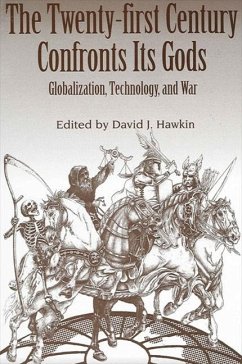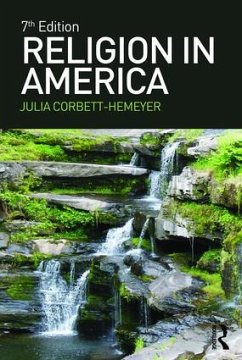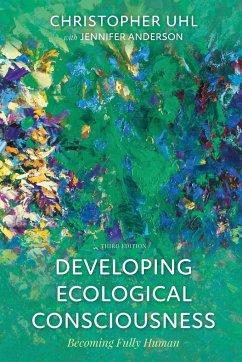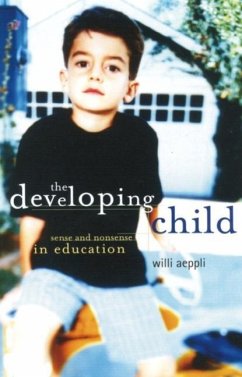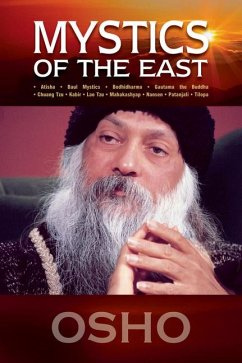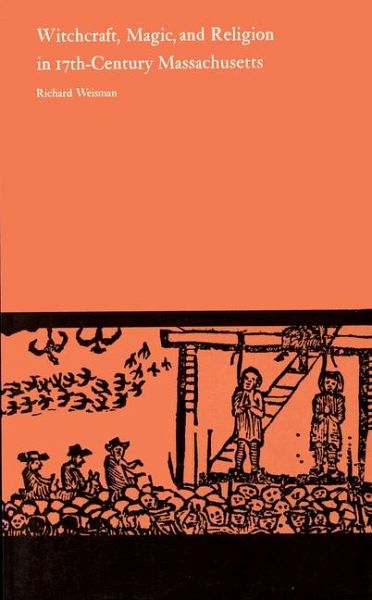
Witchcraft, Magic, and Religion in Seventeenth-Century Massachusetts
Versandkostenfrei!
Versandfertig in über 4 Wochen
33,99 €
inkl. MwSt.

PAYBACK Punkte
17 °P sammeln!
The Salem witchcraft persecutions are one of the most well-known events in history, but there is more to the story. In this book, Weisman explores the social, political, and religious implications of witchcraft. He ventures outside of the usual studies of the Salem trials to provide a comprehensive understanding of 17th-century Massachusetts witchcraft as a whole. In the first section, an attempt is made to explicate the logic and meaning of the two major interpretive frameworks of witchcraft in terms of which the category was understood by inhabitants of Massachusetts Bay. The second and thir...
The Salem witchcraft persecutions are one of the most well-known events in history, but there is more to the story. In this book, Weisman explores the social, political, and religious implications of witchcraft. He ventures outside of the usual studies of the Salem trials to provide a comprehensive understanding of 17th-century Massachusetts witchcraft as a whole. In the first section, an attempt is made to explicate the logic and meaning of the two major interpretive frameworks of witchcraft in terms of which the category was understood by inhabitants of Massachusetts Bay. The second and third sections of this study deal with the sources of support and resistance to collective actions against witchcraft prior to the Salem trials and during the Salem trials respectively.



